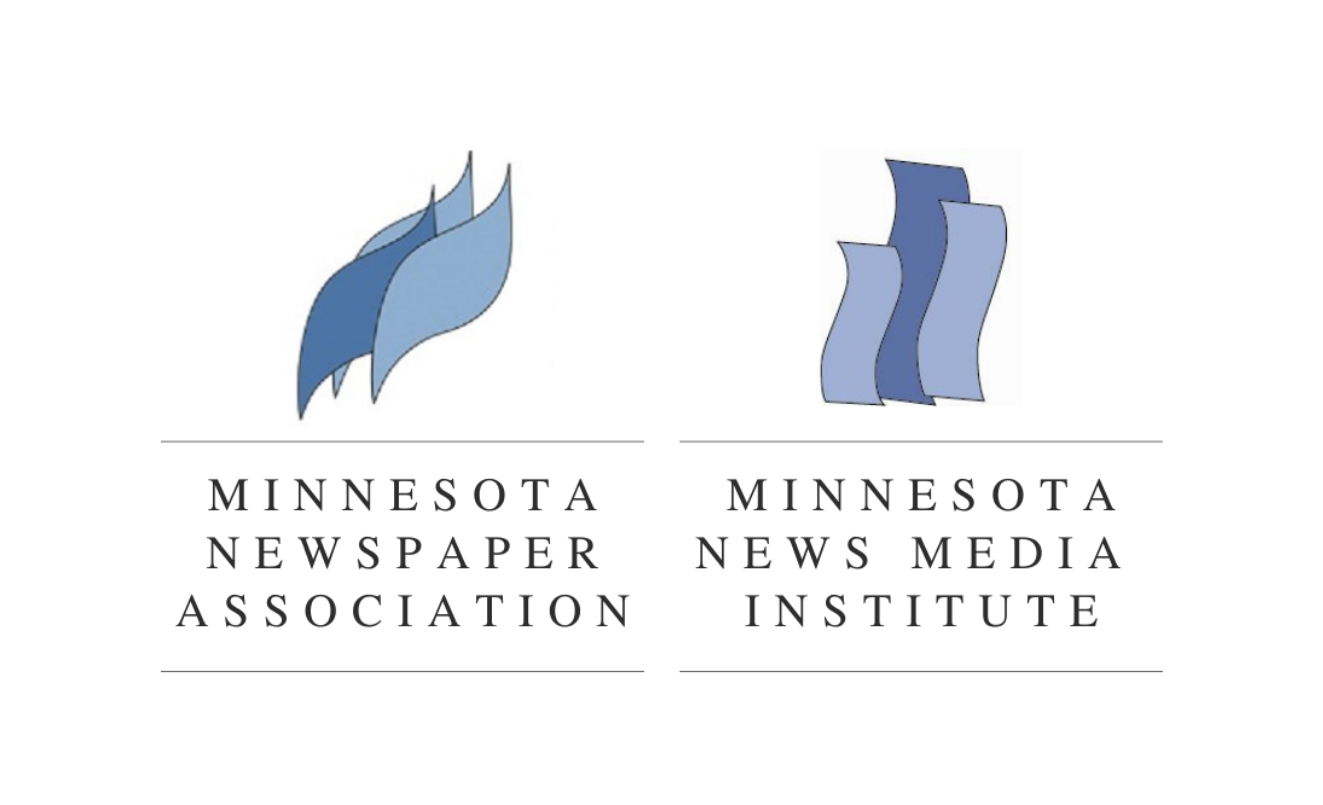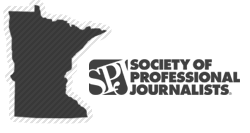 Sunshine Week 2017 is coming up and journalists around the nation will participate the week of March 12 through March 18. An annual event, Sunshine Week calls on journalists to shed light on issues of open government and have conversations with their readers about the importance of open and transparent government, whether that government body is a municipality or a large federal agency.
Sunshine Week 2017 is coming up and journalists around the nation will participate the week of March 12 through March 18. An annual event, Sunshine Week calls on journalists to shed light on issues of open government and have conversations with their readers about the importance of open and transparent government, whether that government body is a municipality or a large federal agency.
This year, the Minnesota chapter of the Society of Professional Journalists, in collaboration with the Minnesota Newspaper Association, is reaching out to newsrooms and student journalists across the state to look at policies and practices dealing with public information officers.
According to Washington D.C. freelance reporter Kathryn Foxhall, who blogged about the topic on the national SPJ website, there’s been a surge in government offices prohibiting staff from speaking with journalists unless they go through a public information officer.
She argued this silences public employees about sensitive topics. These policies also add a middleman to the equation which can cause massive delays.
According to surveys of journalists, government, science and education reporters confirm the same kinds of problems. And many police reporters say they can rarely or never talk to a police officer without involving a PIO.
Many of these PIOs say they must be injected in the process so reporters talk to the “correct people” or the organization can “complete and accurate information.”
The Minnesota Pro Chapter of SPJ and the Minnesota Newspaper Association are working together this year to highlight and combat the issue. To contribute to this year’s Sunshine Week event, which we are dubbing #SunshineMN, we are asking professional and student newsrooms around the state produce at least one story that raises awareness about the PIOs in your community and the rules that put them between their organization and the public.
One of the ways you can do this is by simply reaching out to the local public agencies in your coverage area and asking them about the existence of and copies of their communication policies. After taking a look at what you get, write a story about policies and what they allow or restrict.
Are all employees required to get permission to speak with a journalist? How about a general member of the public?
Who are the people at the agency allowed to speak without getting permission? Are PIOs required to sit in on interviews?
Newsrooms can also highlight the issue in their regular reporting. Did a PIO provide you with a written statement instead of allowing you to talk to someone at an agency? Highlight that fact and what questions were left unanswered.
Has one of your reporters been redirected to a state office or headquarters instead of speaking to local experts or staff on an issue? Highlight that fact, especially if they can’t provide important local information or perspectives.
Make sure to highlight any quirky situations or long delays you encounter in the audit or working with PIOs in general.
We will highlight the stories that professional and student newsrooms publish as part of Sunshine Week on this website, our Facebook page and on Twitter using the #SunshineMN hashtag. We will also publish a list of participating newsrooms. To add yourself to the list email minnesota.spj@gmail.com. Also, let us know if you have questions, comments or concerns.
Check mnspj.org for #SunshineMN updates.
Good luck!
Resources for Reporters:
SPJ’s freedom of information how-to guide for students
SPJ’s freedom of information how-to guide for professionals
IFOIA.org help with making state and federal information requests (project of RCFP)
The Student Press Law Center, a national first amendment and open government organization for student journalists
Student Press Law Center public records request letter generator
Sunshine Week Experts and Contacts:
MN SPJ Project Lead:
Nathan Hansen
La Crosse Tribune Education Reporter
507-313-2372
nathanhansen2010@gmail.com
Sunshine Week 2017 Activities are brought to you by:



